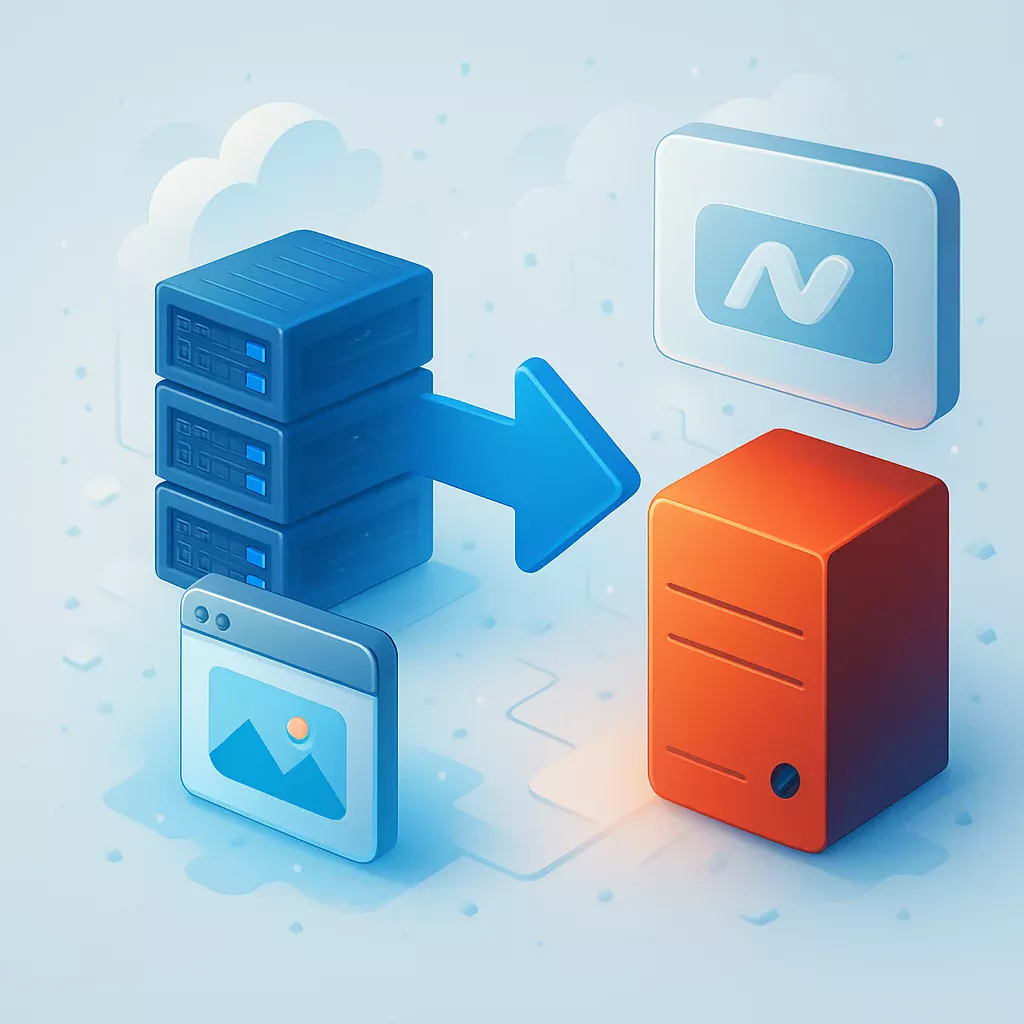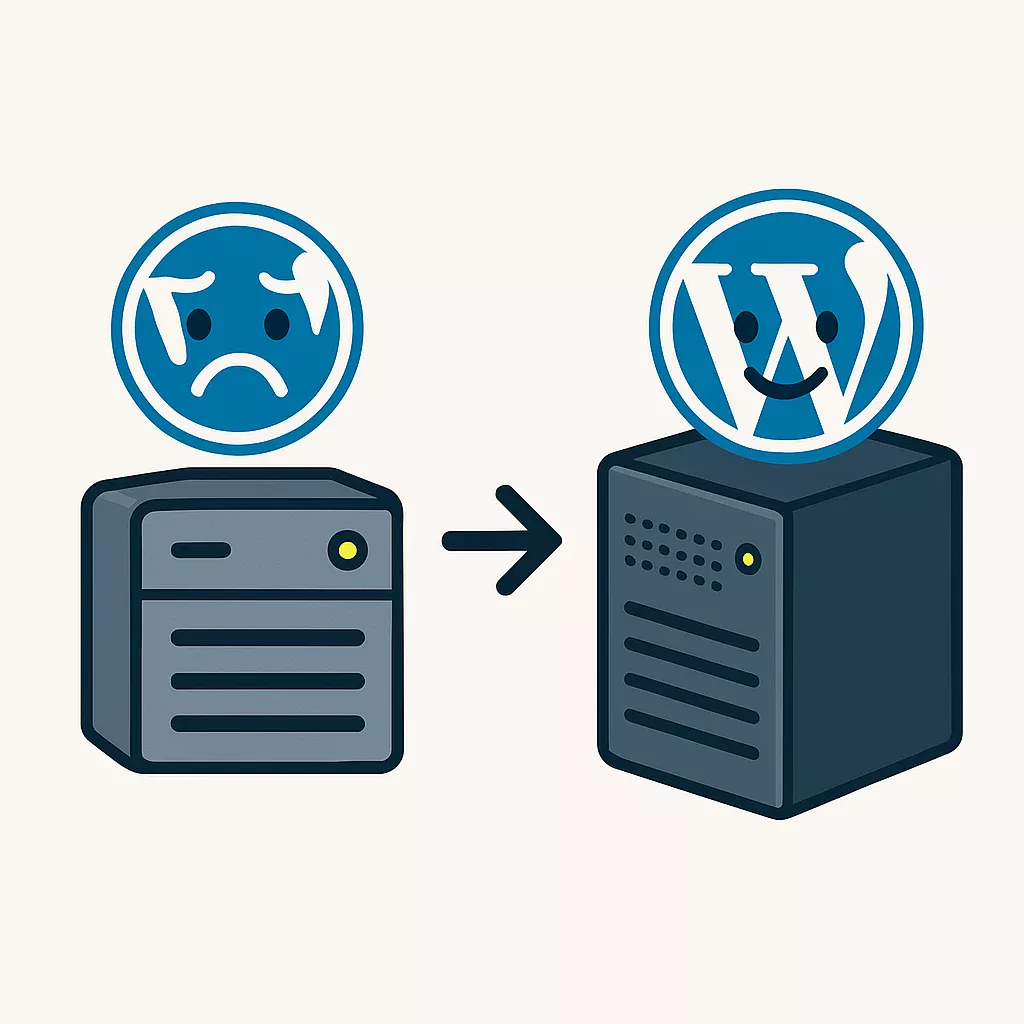
What is a VPS and What are Its Advantages?
In the world of web hosting, a Virtual Private Server (VPS) is a powerful solution that provides dedicated resources, flexibility, and control. Ideal for websites that have outgrown shared hosting but don’t yet need a full dedicated server, VPS hosting is popular among businesses and growing websites. Here, we’ll explain what a VPS is and highlight its key advantages to help you decide if it’s the right choice for your online needs.
What is a VPS?
A Virtual Private Server (VPS) is a virtualized environment that mimics a dedicated server within a larger physical server. Through virtualization, hosting providers divide one powerful server into multiple, isolated “virtual” servers, each acting independently. Each VPS has its own dedicated resources, operating system, and can be customized to a significant degree, making it a versatile choice for many different use cases.
How Does VPS Hosting Work?
In a VPS setup, virtualization software (such as VMware, KVM, or Hyper-V) creates separate environments within one physical server. This means each VPS user has dedicated resources like CPU, RAM, and disk space, as well as their own operating system and software configuration. VPS hosting essentially bridges the gap between shared hosting and dedicated hosting by providing better performance and control without the high cost of an entire server.
Advantages of Using a VPS
1. Dedicated Resources
- With a VPS, you have dedicated CPU, memory, and storage, so your website’s performance isn’t impacted by other users on the same server.
- This level of resource allocation helps websites handle higher traffic volumes and perform reliably, even during traffic spikes.
2. Enhanced Performance and Stability
- VPS hosting offers much better performance than shared hosting since resources aren’t shared with other websites.
- Websites on VPS servers typically load faster and experience fewer slowdowns, making it an excellent choice for businesses that prioritize user experience.
3. Increased Control and Customization
- A VPS gives you root access to the server, enabling full control over your environment. You can install and configure your preferred software, operating system, and custom applications.
- This level of access is beneficial for developers and businesses needing specific software configurations or customized settings.
4. Scalability for Growing Needs
- VPS hosting is inherently scalable. As your website grows, you can easily increase resources like CPU and RAM without migrating to a new server.
- This scalability makes VPS a practical choice for websites expecting steady growth or seasonal traffic fluctuations.
5. Improved Security and Isolation
- Each VPS is isolated from others on the same physical server, providing greater security than shared hosting.
- This separation reduces the risk of security breaches from neighboring users and ensures your data remains secure within your own environment.
6. Cost-Effective for Businesses Needing More Power
- While VPS hosting is more expensive than shared hosting, it’s still significantly more affordable than a dedicated server, providing a cost-effective solution for businesses that need higher performance without breaking the bank.
- Many businesses find VPS hosting to be the perfect balance of power, control, and affordability.
When Should You Consider a VPS?
A VPS is ideal for businesses, developers, and growing websites that have outgrown shared hosting or need more control and flexibility. It’s particularly suitable for:
- E-commerce sites that handle transactions and need robust security.
- Medium-sized businesses looking for a reliable, scalable solution.
- Developers and web agencies needing custom server environments.
- Sites experiencing high traffic that require dedicated resources to ensure smooth performance.
Conclusion
A Virtual Private Server (VPS) provides the dedicated resources, flexibility, and scalability to support growing websites and businesses. By investing in VPS hosting, you gain control over your server environment without the high costs associated with dedicated hosting. If your website is outgrowing shared hosting and needs enhanced performance, security, and customization, a VPS may be the perfect choice to support your online growth.









